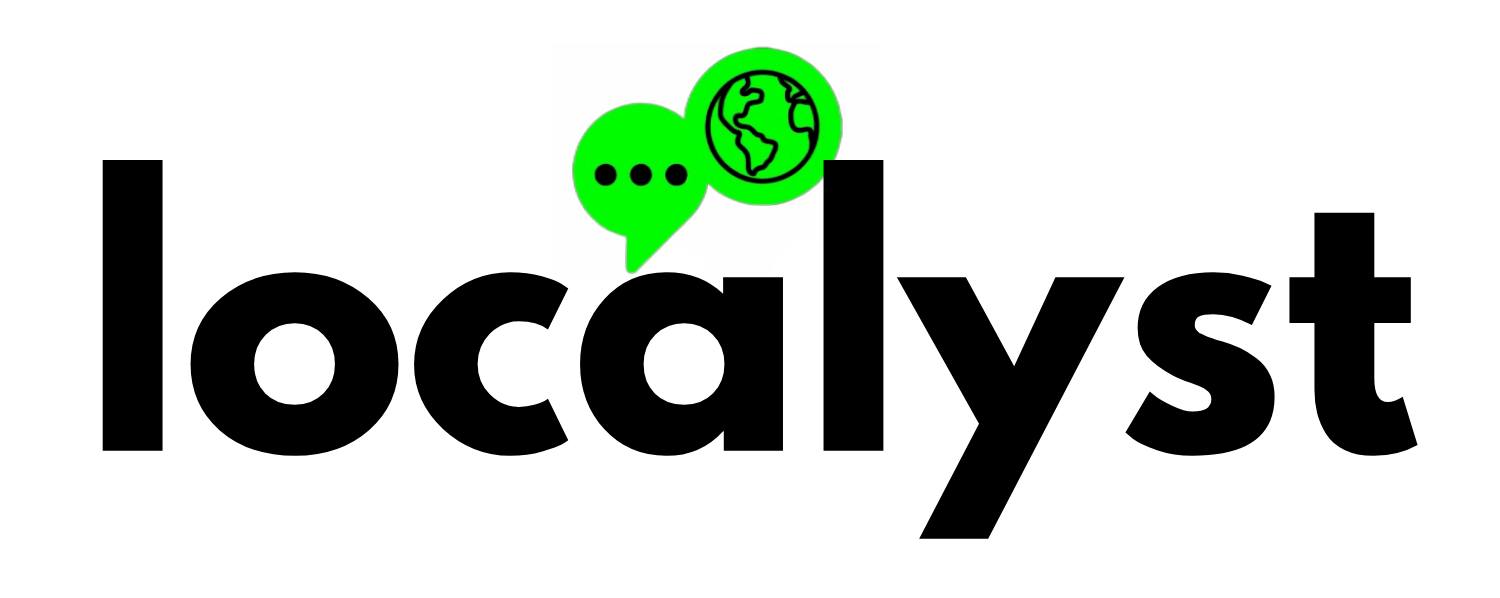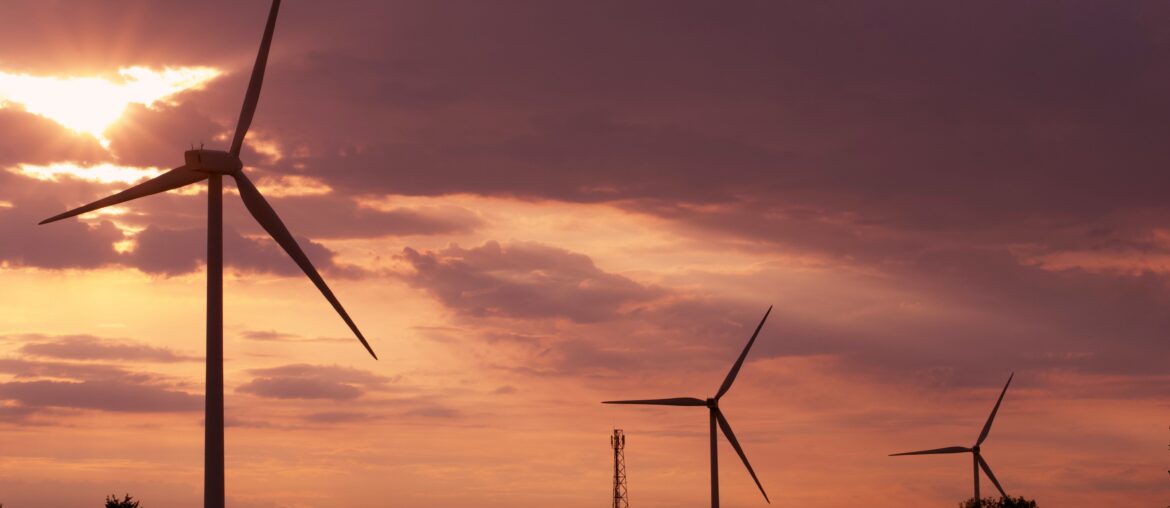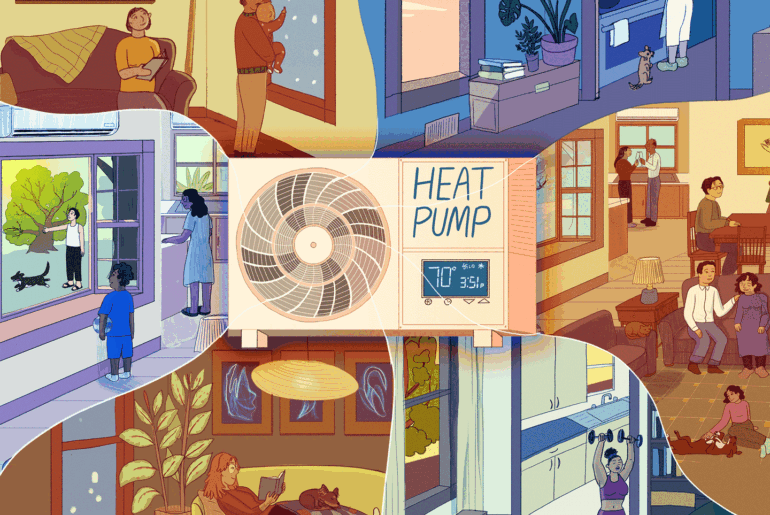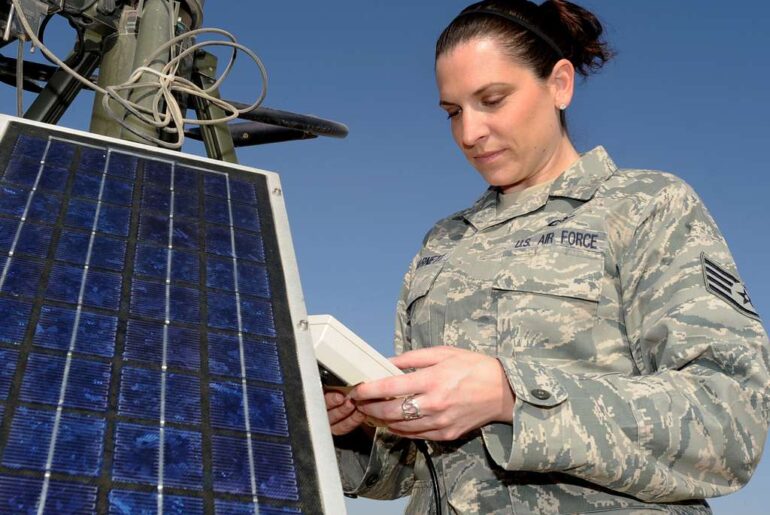Out in rural America, we know how much reliable energy matters. But if that energy comes when it hurts your wallet and your health, it’s time to look for alternatives.
A recent Stanford News article highlights that rural electric co‑ops still get 61% of their power from coal, oil, and natural gas—more than triple the national average of 19%. With fossil fuel prices jumping with global market swings, that’s a real strain on families and small businesses.
But change is stirring—led by Stanford graduate students in a course called Renewable Energy Transition in Rural America: a Human and Planetary Health Action Lab. According to the original article, “students worked with experts at Renew Missouri and Clean Wisconsin to produce actionable deliverables like health impact assessments and policy briefs.” They combined skills in law, public health, environmental science, and policy—expertise not normally found at co‑op board meetings.
Dr. Lisa Patel, course co‑instructor and pediatrician, puts it plainly:
“To miss that [opportunity] will result in the death knell of certain communities. We have the opportunity to help invest in rural America in ways that are sustainable.”
Two NGO partners—Renew Missouri (advocating for retiring a coal plant) and Clean Wisconsin (fighting a proposed natural gas plant)—stepped in with real stakes. As Brett Forte, a staff attorney at Clean Wisconsin, said:
“It allowed us to talk about power plant transitions without it becoming political. We could focus on asthma, on emergency visits, on families —and that resonates everywhere.”
The students also found critical funding through the Inflation Reduction Act’s Empowering Rural America (New ERA) program. Stanford noted that “project proposals totaling 4.5 times the amount of available funding” came in—but some communities couldn’t apply effectively because of political divides and lack of data.
They dug into messy federal and state databases to connect local pollution to illness—tracking asthma from particulate matter and gases emitted by fossil fuel plants.
Today, Clean Wisconsin is using the students’ report in their campaign against the gas plant proposal. Renew Missouri is reviewing the HIA and policy briefs, looking for ways to make the case to their communities.




